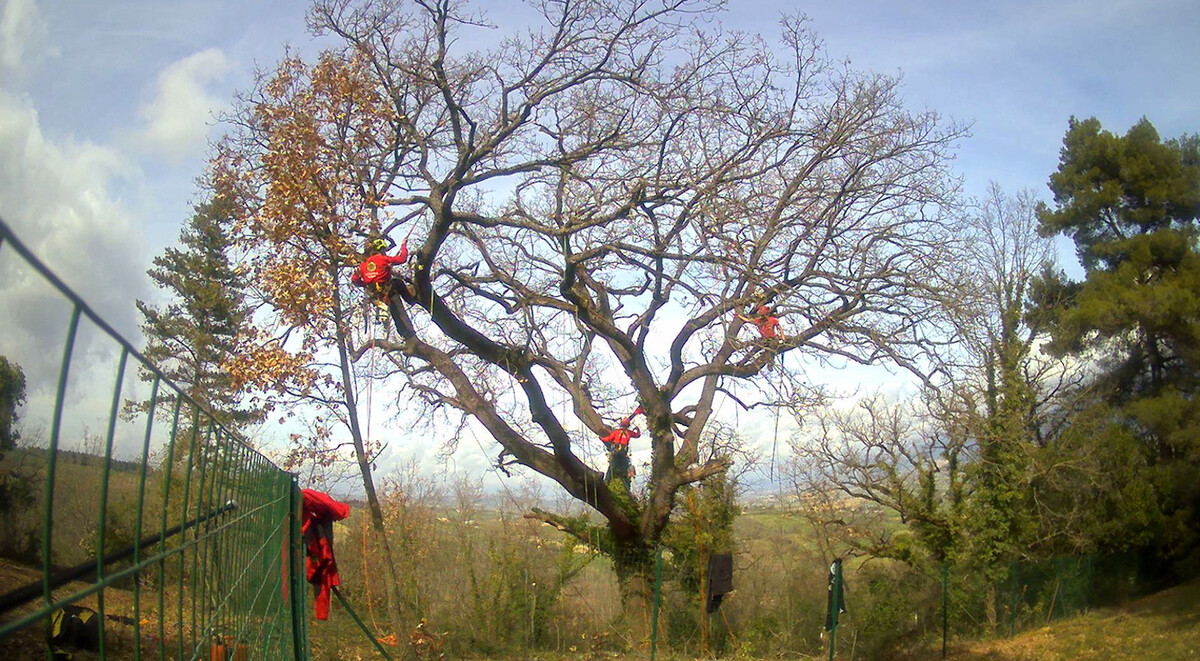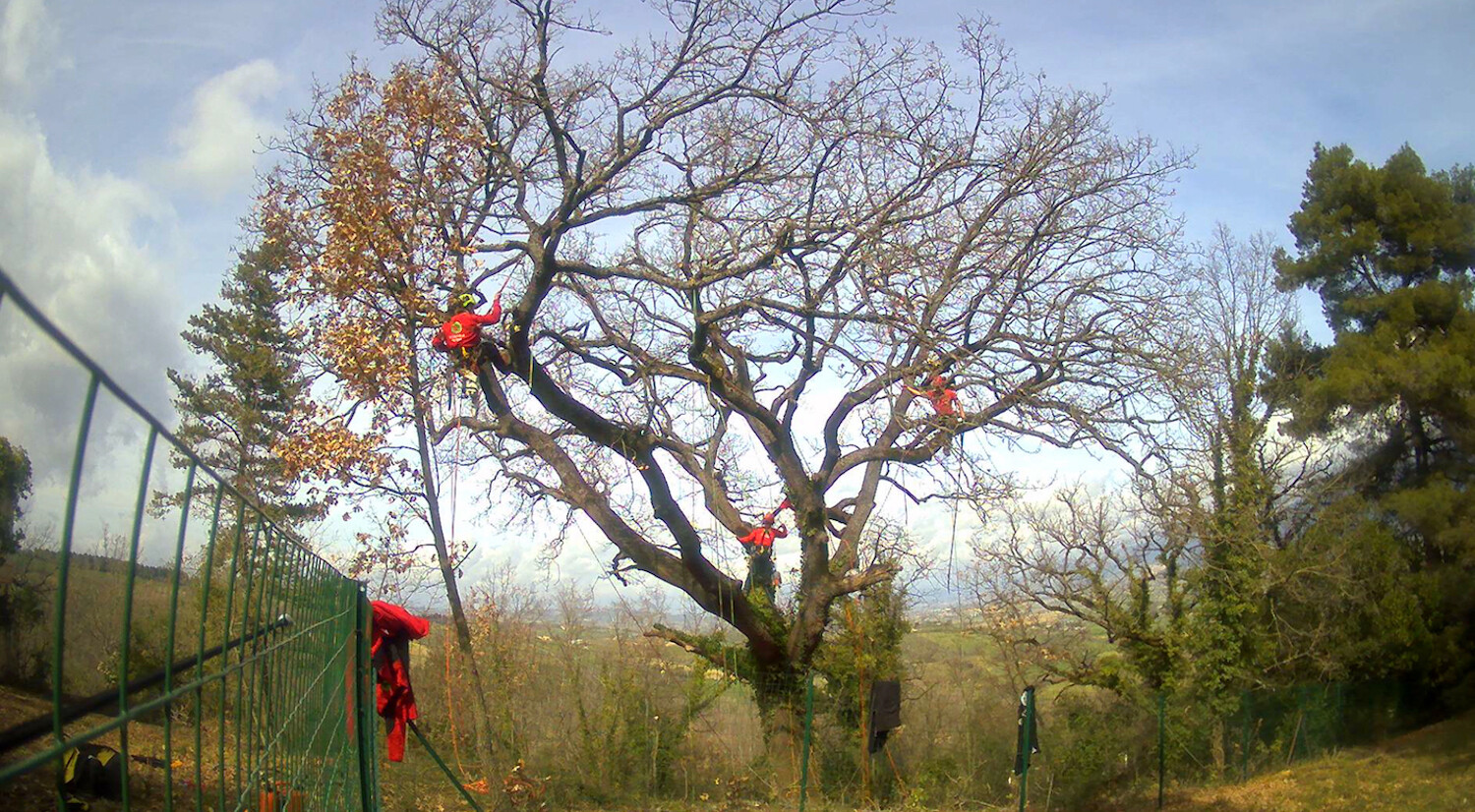The Center for Arts, Design, and Social Research and the Associazione Culturale Matilde Pianciani
Località Terraia, 44
06049 Spoleto
Italy
The Center for Arts, Design and Social Research (CAD+SR) is pleased to announce that applications are being accepted for Visiting Research Fellows to il laboratorio per l’arte planetarie (The Laboratory for Planetary Arts, or the Lab), an international arts and design studio residency to be held at the Villa Pianciani, Spoleto, Italy, October 8–15, 2024. CAD+SR invites applications from artists, designers, and researchers whose work engages the political, cultural, and scientific significance of gardens, and their role in refiguring or reaffirming relationships between humans, other than humans, and the earth itself: What are the ways that they revitalize and reshape connections to our bodies, water, food, land, sky, and the other beings with whom we share the planet? What needs to be learned and unlearned about plants and gardens? The deadline to apply is August 23. The residency is limited to 20 participants, all of whom will live, work, and eat together at the Villa Pianciani. Applicants are invited to join an information session about the program. Submit an application here.
Il laboratorio per l’arte planetarie is an arts, design, and horticultural research studio organized by CAD+SR, the Associazione Culturale Matilda Pianciani (ACMP), and Giove In Formatica srl. Funded by Next Generation EU, the ACMP is engaged in a comprehensive revitalization and preservation of the historic gardens, orchards, and grounds of the Villa Pianciani to create a public park, including creative approaches to pedagogy and engagement. The project includes the restoration of lost trees; a new orchard of ancient local varieties, including species named in the historical plans for the grounds; rejuvenation of the rose garden; the new planting of an herb garden; and the re-invention of a “sensory” garden.
Designed in the late 18th century by influential neoclassical architect Giuseppe Valadier, the Villa and its grounds express the republican ideals of what historian Eric Hobsbawm called “the age of revolution,” in particular its rationalist ordering of the “natural” world. These gardens, in a moment of transformation, are the site of the Lab, in which we will consider them from a pluriversal perspective, addressing diverse horticultural practices, meanings, and pedagogies. We will leverage these many histories, as well as the practices of each participant, to generate projects for the public gardens in relation to both planetary crises and communitarian futures.
Over the week, Lab researchers pursue their projects in the unique context of transnational dialogue in relation to the historic grounds. Il laboratorio per l’arte planetarie imagines and implements arts and design interventions that contribute to the ongoing revitalization of the outdoor spaces to engage multiple publics. Our days together include workshops and working groups; individual and collaborative arts and design projects; dialogues led by renowned thinkers; and a closing public event. The residency will be collaboratively led by Saja Amro, an architect and designer based between The Netherlands and Palestine whose work investigates the influence of spatial design on social dynamics in education, and artist and agroecologist Luigi Coppola, co-activator of Casa della Agriculture, Castiglione d’Otranto, Italy. Isabella Dalla Ragione, celebrated archaeobotanist restoring the Villa’s orchards, will run workshops during the residency. Anna Muskardin, Professor at the Academy of Fine Arts, Rome, and founder of the ACMP, and Dalida María Benfield, PhD & Christopher Bratton, co-founders of CAD+SR, will facilitate. Research preparation will begin September 15 with readings and online meetings.
CAD+SR is an international non-profit arts-based research center. Our work opens onto multiple horizons and communities of transdisciplinary inquiry, including: The After School (online and at Theira Commune, Tire, Turkey & Tafaria Foundation, Kenya); Un-Writing Nature (Villa Pianciani, Spoleto, Italy & Kirinyaga District, Kenya); Cosmological Gardens, Encuentros I-IV (online and at Villa Pianciani, Spoleto, Italy); De/Archive East Africa (Ongata Rongai, Kenya); Indigenous Planetary Ways of Knowing (Mérida, Mexico); Black Planetary Futures (online and in Johannesburg, South Africa & Dak’Art, Senegal); and Technologies of Critical Conscientization (Casa do Povo, São Paulo, Brazil).









